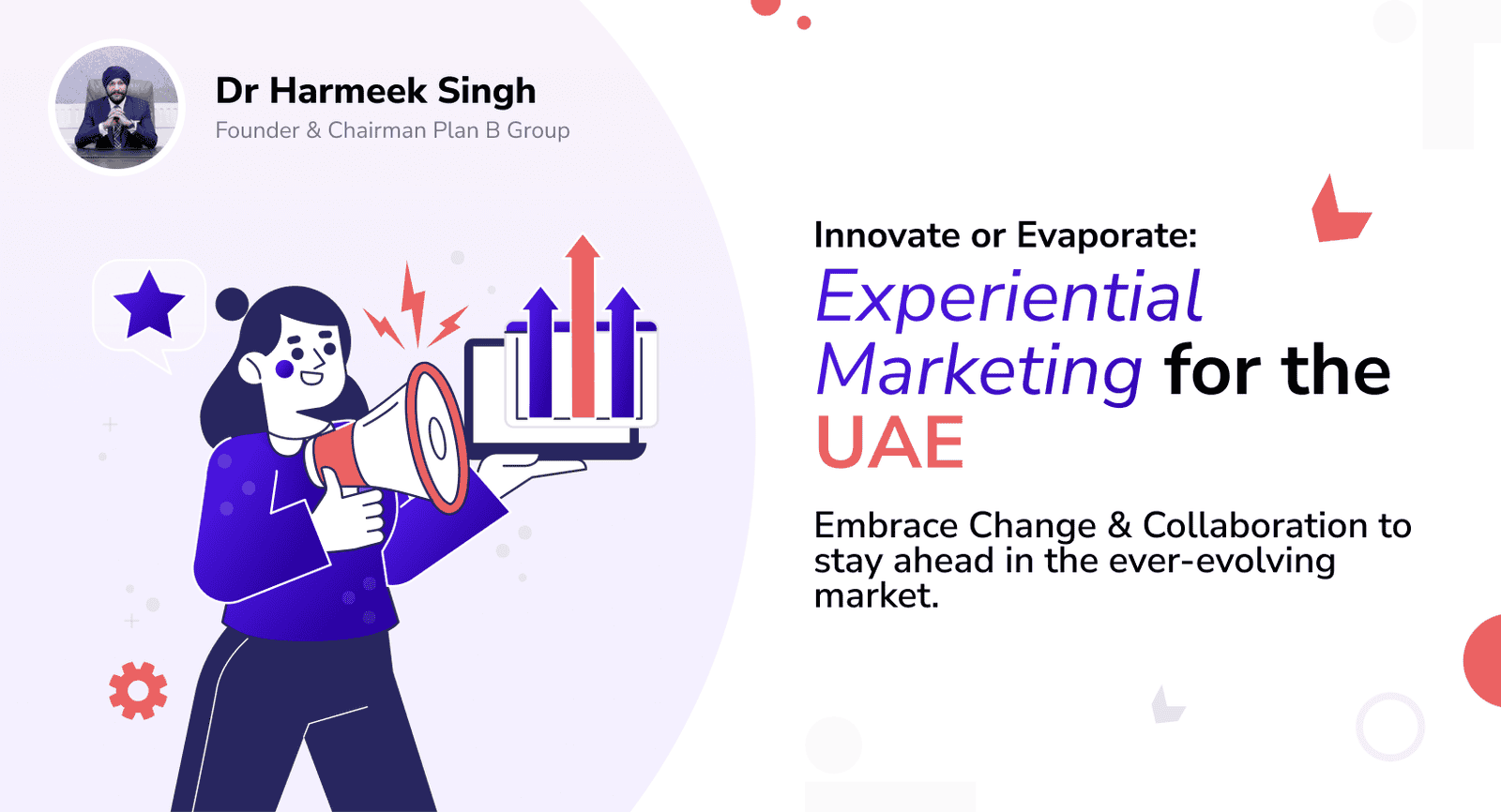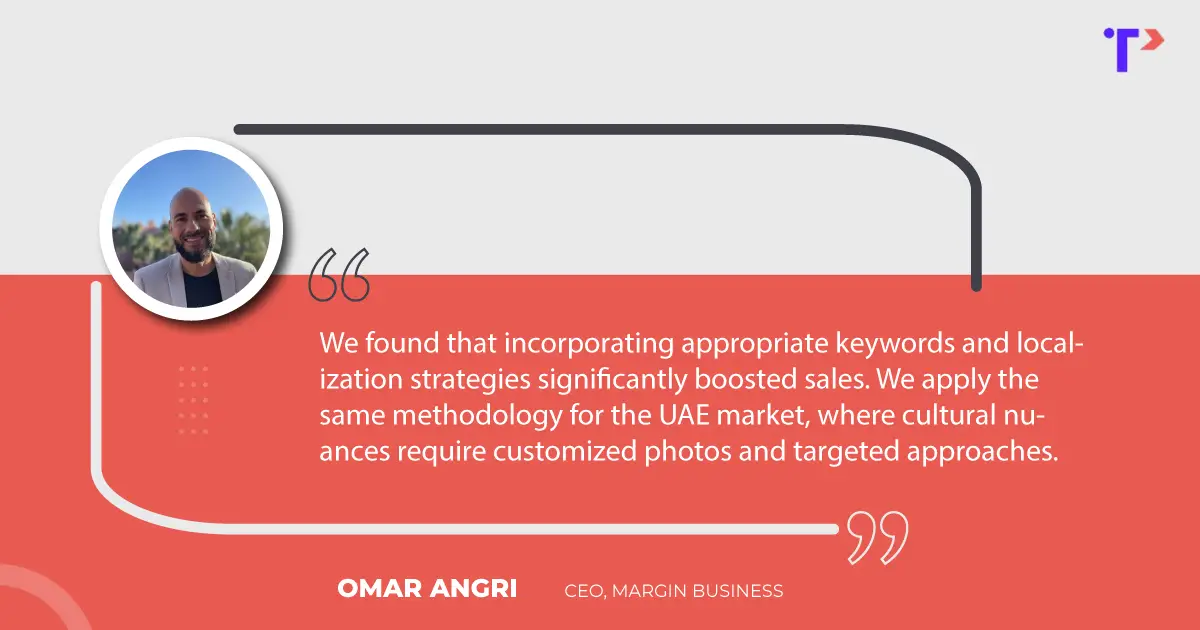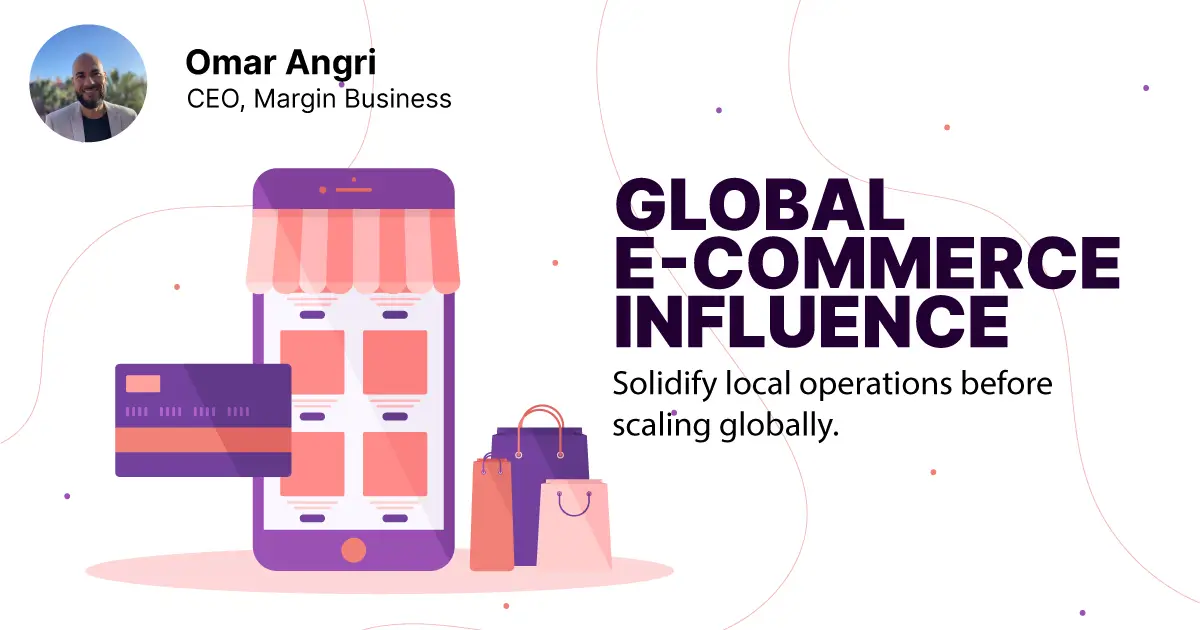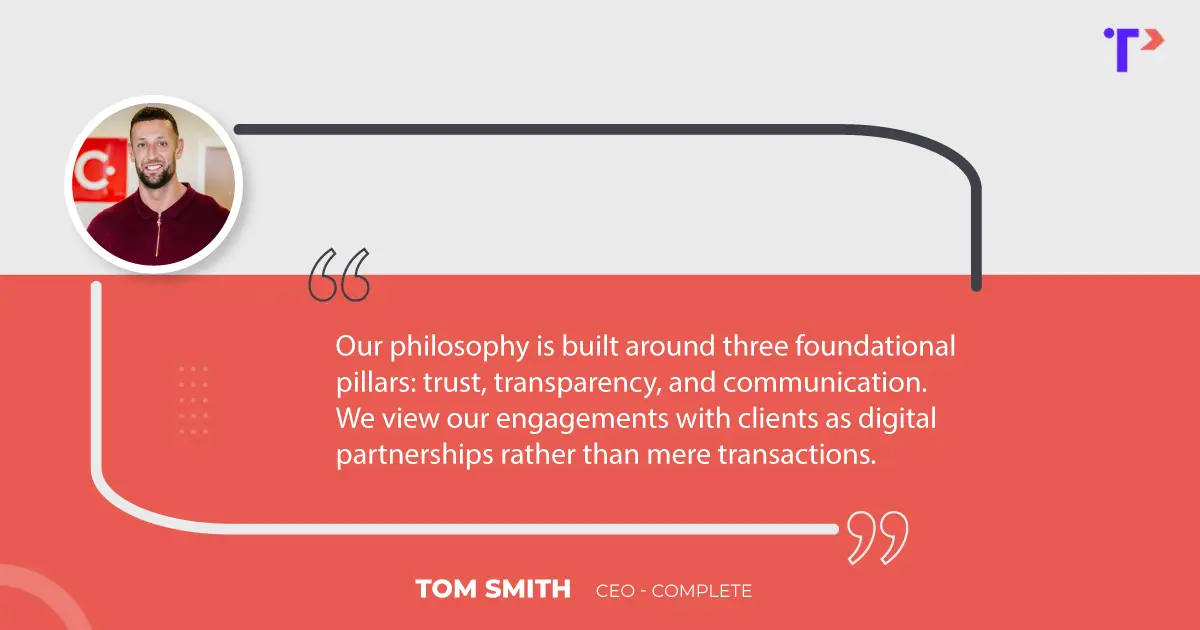Introduction
In this edition of UAE Business Compass, we delve into the dynamic world of experiential marketing with insights from Dr. Harmeek Singh, a visionary leader in the UAE’s events and marketing industry. As the driving force behind Plan B Group, Dr. Singh has championed innovative marketing strategies that resonate with modern audiences and adapt to the evolving landscape of the UAE. With a background rooted in entrepreneurial spirit and a forward-thinking approach, Dr. Singh shares his expertise on how businesses can leverage experiential marketing to create memorable, engaging experiences that set them apart in a competitive market.
- Introduction
- Defining Experiential Marketing
- The Evolution of Experiential Marketing
- Unique Advantages of the UAE Market for Experiential Marketing
- Strategies for Engaging Audiences Through Experiential Marketing
- Impactful Strategies for Startups with Limited Budgets
- Refreshing and Enhancing Experiential Marketing for Established Businesses
- Adapting to Global Challenges
- Incorporating Experiential Marketing
- Conclusion
Defining Experiential Marketing
Can you provide a clear definition of experiential marketing and explain how it differs from traditional marketing approaches?
Experiential marketing, unlike traditional marketing which can often be static and monotonous, is about creating a narrative, linking it to a story, and evoking emotions. Traditional marketing follows a rule of thumb, often becoming boring due to its lack of movement. In contrast, experiential marketing involves creating an interactive and engaging journey for the customer. This could include elements such as gamification, interactive platforms, and demographics that encourage customer participation and call to action. It’s about movement and engagement, ensuring customers are part of the experience rather than passive observers. Traditional methods like outdoor advertising still play a role, but experiential marketing integrates both online and offline elements to create a dynamic and immersive experience that resonates with the modern audience.
The Evolution of Experiential Marketing
How has experiential marketing evolved over the years, particularly in the UAE?
The evolution of experiential marketing in the UAE can be seen in phases, especially around key events like the 2008 recession. Before 2008, marketing in the UAE heavily relied on static methods such as hoardings on Sheikh Zayed Road, bus ads, and mall advertisements. Post-recession, there was a significant shift towards digital and experiential marketing. Platforms like Twitter, Facebook, and Instagram began to play a crucial role in engaging audiences. The cost-effectiveness of digital marketing compared to traditional methods also became evident.
By 2015-2016, the role of influencers started to gain prominence, further enhancing the experiential aspect. The UAE, known for its progressive and innovative approach, began integrating immersive technologies into marketing strategies. For instance, while other parts of the world were considering flyovers to tackle traffic, the UAE was exploring air taxis as part of its smart city initiatives. This forward-thinking approach culminated in significant events like the Gitex 2020 and Expo 2021, showcasing the UAE’s leadership in experiential marketing on a global scale.
Unique Advantages of the UAE Market for Experiential Marketing
What unique advantages does the UAE market offer for implementing experiential marketing strategies?
The UAE is uniquely positioned for experiential marketing due to its inherent progression and innovation. Here, every day brings a new advancement, making it an ideal environment for experiential marketing. The educated populace is accustomed to technological integration and experiential features, which makes them more receptive to innovative marketing strategies. For instance, gamification and e-gaming championships are well-received here because they align with the tech-savvy culture.
In the UAE, the concept of progression is embedded in everyday life, making it a ‘plug and play’ environment. This means that when you introduce an experiential marketing strategy, it seamlessly integrates into the audience’s daily experiences. This built-in acceptance of innovation provides a significant advantage for marketers looking to create engaging and interactive campaigns.
Strategies for Engaging Audiences Through Experiential Marketing
What strategies do you recommend for new businesses to effectively engage their audience through experiential marketing in the UAE?
The cornerstone of any successful experiential marketing strategy is thorough research. New businesses must understand their target audience, identify who else is engaging them, and clearly differentiate their unique selling proposition (USP). It’s crucial to integrate these insights with a deep respect for local traditions and culture.
Being honest and focused is vital. Many startups falter because they lack perseverance and have a short-term outlook. It’s essential to adopt a mindset of persistence. Success may not come immediately, but a resilient approach ensures continuous improvement and eventual success.
Moreover, it’s not just about having a great idea; it’s about implementing it effectively. Strong application and execution are crucial. A solid strategy involves believing in your vision, maintaining a strong mindset, and balancing human intelligence with artificial intelligence. The real intelligence lies in understanding and adapting to the market, which is crucial for any business aiming to thrive in the UAE.
Impactful Strategies for Startups with Limited Budgets
How can startups with limited budgets still make an impact through experiential marketing?
Collaboration is key. If you become part of a consortium or find platforms that complement your offerings, you can achieve significant visibility without a huge budget. Cross-promotions and strategic partnerships can help you reach the right audience effectively.
Here’s a three-level strategy for any brand to establish itself:
- Brand Recall: The first rule of marketing is creating brand recall. For instance, when I named our company Plan B, people constantly asked why, which helped establish the name in their minds.
- Clear Messaging: Once you have brand recall, your message needs to be clear and relevant to your target audience. This clarity ensures that your communication is understood and appreciated.
- Deliver and Create Loyalty: After delivering your message, focus on creating loyalty. Ensuring that your first client is happy can lead to multiple referrals. Losing a client is detrimental; however, a satisfied client can open many new doors for you.
Additionally, it’s crucial to combine digital marketing with traditional strategies. Attend relevant exhibitions, network extensively, and ensure you’re seen on the right platforms. This visibility, coupled with excellent service, will amplify and multiply your reach.
Refreshing and Enhancing Experiential Marketing for Established Businesses
What strategies should established businesses use to refresh and enhance their experiential marketing efforts?
It’s all about mindset. Achieving a certain level of success often leads to complacency, which is the first step towards decline. The world is changing rapidly, and you need to remain flexible and adaptable.
Here are some key points for established businesses:
- Embrace Flexibility: Don’t make mindless changes, but be open to incorporating new elements into your strategies. Stay relevant to current trends and market needs.
- Stay Updated: Post-COVID, the landscape has changed significantly. If you stick to pre-COVID methods, you’ll find it hard to stay relevant. Understand the new challenges and deliverables that clients are looking for.
- Avoid Complacency: A rigid mindset leads to stagnation. Continuous learning and adaptation are crucial. New startups with fresh approaches can easily outpace established businesses if they are not willing to evolve.
- Flow Like Water: Be adaptable like water, taking the shape of any situation or challenge. This flexibility keeps you dynamic and prevents stagnation.
Established businesses need to continuously add to their skills, deliverables, and functionalities to stay ahead. If you become stagnant, like a pond, you’ll eventually start to lose your edge. Keeping your business dynamic and flowing will ensure long-term success.
Adapting to Global Challenges
How has the events industry in the UAE adapted to recent global challenges, such as the COVID-19 pandemic?
During the pandemic, we identified a significant gap: the events industry in the UAE didn’t have a dedicated platform and was closely tied to the tourism sector. This lack of direction left many companies uncertain about their next steps. To address this, I initiated a campaign, bringing together 300 companies to form a unified front. We created a crisis committee, with me as the appointed president, to address the industry’s challenges.
We held discussions with government officials and managed to secure support, including potential discounts and rent waivers. The pandemic highlighted the misconception that events are limited to live performances, ignoring the broader ecosystem that includes suppliers, logistics, and more. Our goal was to ensure fair representation for all sectors within the industry.
We proposed a rating system for event companies, similar to how platforms like Booking.com and Google operate. This system would provide transparency and help clients make informed decisions. Our approach during the pandemic focused on three key phases: survival, revival, and sustainability. While we have made progress in the first two phases, we are still working towards achieving long-term sustainability.
Incorporating Experiential Marketing
What advice do you have for new businesses looking to incorporate experiential marketing into their strategy in the UAE?
My advice is to keep an open mind and focus on continuous learning. It’s not about what you already know, but about discovering what you don’t know. Knowledge is empowering and helps you understand what needs to be done. Businesses should embrace a mindset of adaptability and collaboration rather than viewing new generations or competition as threats.
Experiential marketing is like a new language that everyone is starting to speak. It’s essential for businesses to learn this language, as it enhances efforts and amplifies their impact. However, it’s crucial to incorporate experiential elements thoughtfully and meaningfully, rather than just for the sake of being trendy. Businesses need to assess whether experiential marketing makes sense for their objectives and if it adds value to their strategy.
Conclusion
Dr. Harmeek Singh’s insights underscore the transformative power of experiential marketing in the UAE’s vibrant business environment. By blending innovation with tradition, and embracing flexibility and continuous learning, businesses can create compelling narratives that captivate audiences and drive engagement. The success stories and strategies shared by Dr. Singh provide a roadmap for new and established businesses alike, highlighting the importance of adaptability, collaboration, and a customer-centric approach. As the UAE continues to lead in innovation and experiential marketing, the lessons from Plan B Group’s journey offer invaluable guidance for those looking to thrive in this dynamic market.
To explore more about Dr. Harmeek Singh’s Plan B and see their offerings, visit their profile on Topsdraw.
For a broader view of similar agencies, check out our list of top Event Marketing agencies in UAE on our platform.
You may also explore our comprehensive list of top agencies in UAE in our Service Directory





